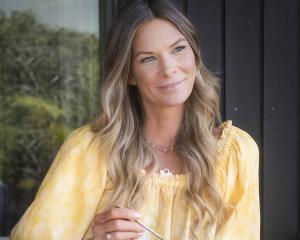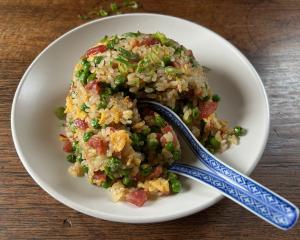Mahi in Marlborough is one of those small wineries with a thoughtful yet enthusiastic approach to wine.
Brian Bicknell, co-owner and winemaker, was in the South recently, conducting tastings in Queenstown and Dunedin.
He is fascinated by the way wine made from the same varieties grown in separate vineyards can be different.
Like others of the same persuasion, he grows grapes organically - the skins are thicker, the wild yeasts on the grapes are retained and the vines are more balanced in their growth and resistant to disease, he says.
Most of his wines are fermented with indigenous yeast - that is the yeast naturally on the grapes rather than an added commercial yeast, and so tend to be more textural and complex.
Another secret to this class of wine is hand picking and, in particular, sorting the picked grapes on a long table or slow conveyor, removing any unripe or damaged fruit, leaves and other unwanted matter before crushing and fermenting.
Since Bicknell started in a small way in 2001, although he'd worked around the world and more recently at Seresin in Marlborough, his wines, especially the single vineyard wines, have become more assured.
They also develop well, drinking nicely at two or three years old and probably for much longer.
Among those I tasted that impressed were The Alias sauvignon blanc 2008 ($26), fragrant, with a hint of mineral and a lingering, well-balanced finish, a good accompaniment to food, and even though two years old, still deliciously fresh.
Twin Valleys chardonnay 2007 ($30) was understated and elegant with long, creamy nutty aftertaste; the fragrant, richly textured Twin Valleys gewurztraminer 2008 ($22); and dark, savoury, harmonious. unfiltered Rive pinot noir 2007 ($38).












